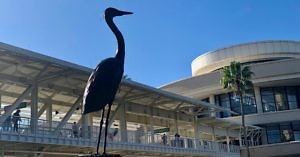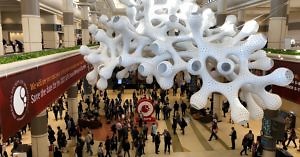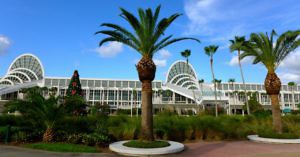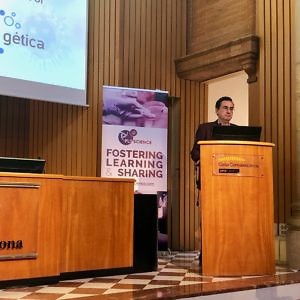The dog that didn’t bark
What do cancer drug development and Sherlock Holmes have in common?
The simple answer is that sometimes you can gain insights by looking at what did not happen.

Will belantamab mafadotin stand out in the crowded BCMA space?
In 1892 Sir Arthur Conan Doyle wrote a short story about the disappearance of a famous racehorse the night before a race. What was curious about the incident was that there was no barking from the watchdog when you might otherwise have expected it, suggesting the dog knew the thief…
Can we follow the same inductive reasoning when it comes to cancer drug development? Are there things we would expect to see, but don’t? If so, what inferences can we draw from them?
In this post we’re taking a closer look at the latest data for GSK2857916 (now belantamab mafadotin), which in many ways was “the dog that didn’t bark” at ASH19.
Curious to find out more about the latest BCMA data, get a heads up on additional insights from our ASH commentary and implications? Subscribers can log-in or you can click to gain access to BSB Premium Content.
This content is restricted to subscribers







